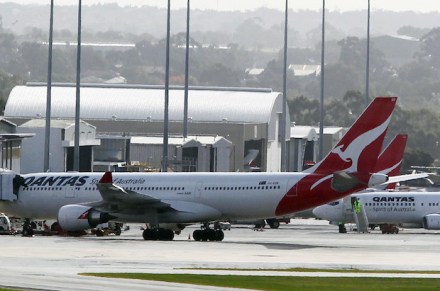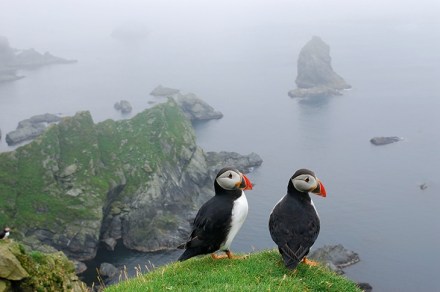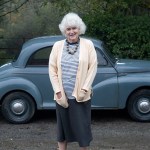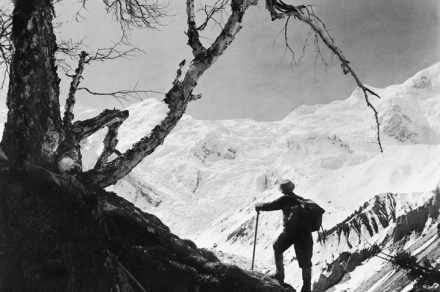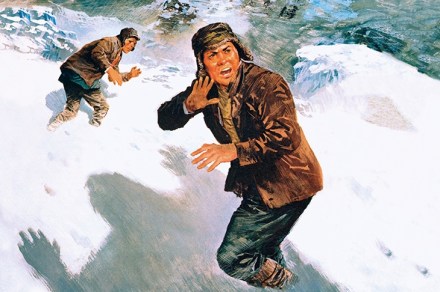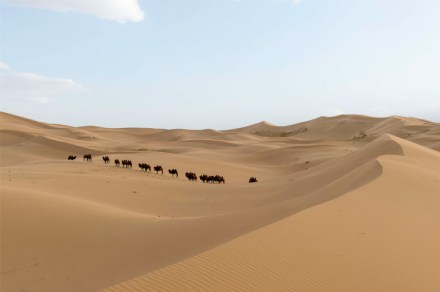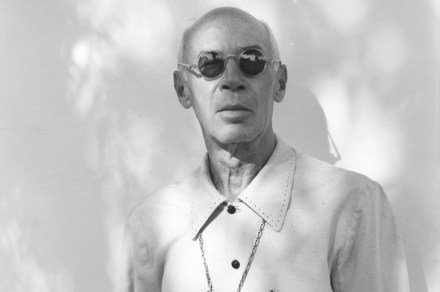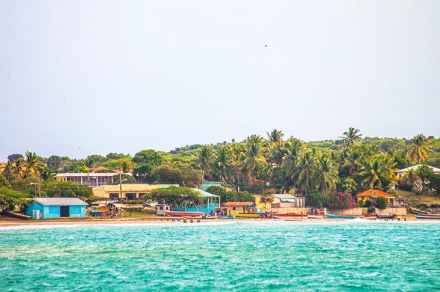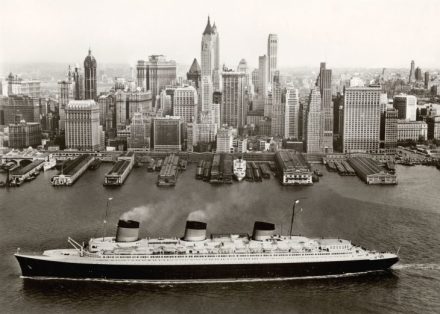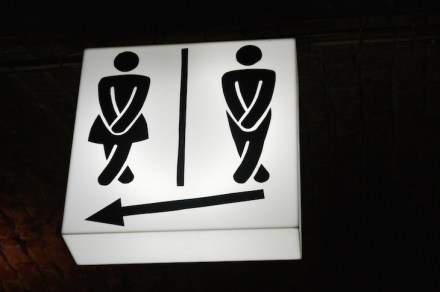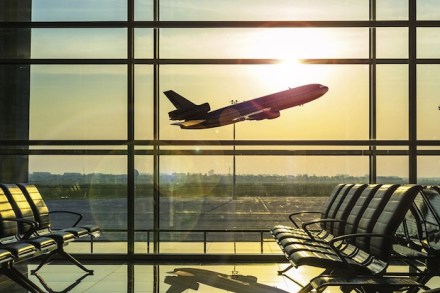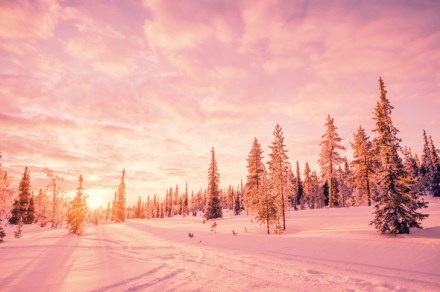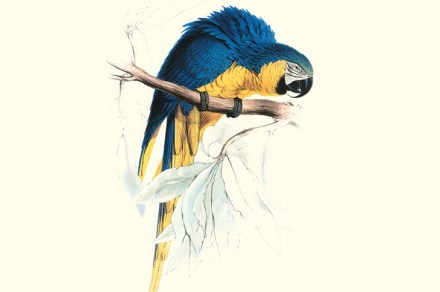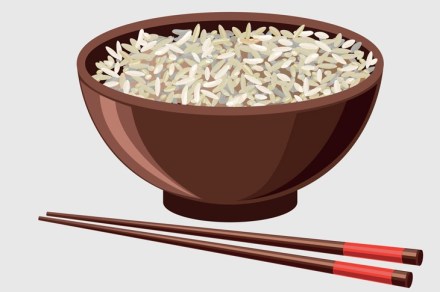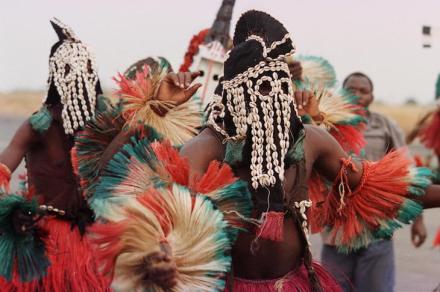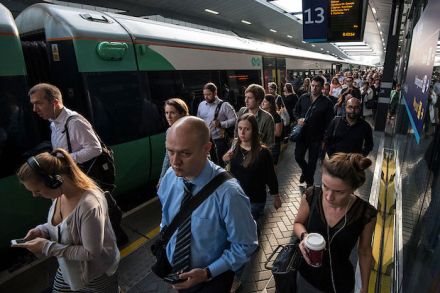Why better beats bigger
A few weeks ago I flew to Sydney to speak at a conference. The first leg was on the new Qantas route non-stop from London to Perth, the UK’s longest flight. Two million people live in Perth, of whom 250,000 were born in the UK, so the route makes sense. But I was dreading the length of the flight. Granted, I wasn’t travelling at the back of the plane, but I was surprised to find the 16-hour flight little worse than an eight- or ten-hour one. For one, there is the unexpected bonus that you can fall asleep whenever you like. On shorter flights, if you miss a narrow window-of-nod
